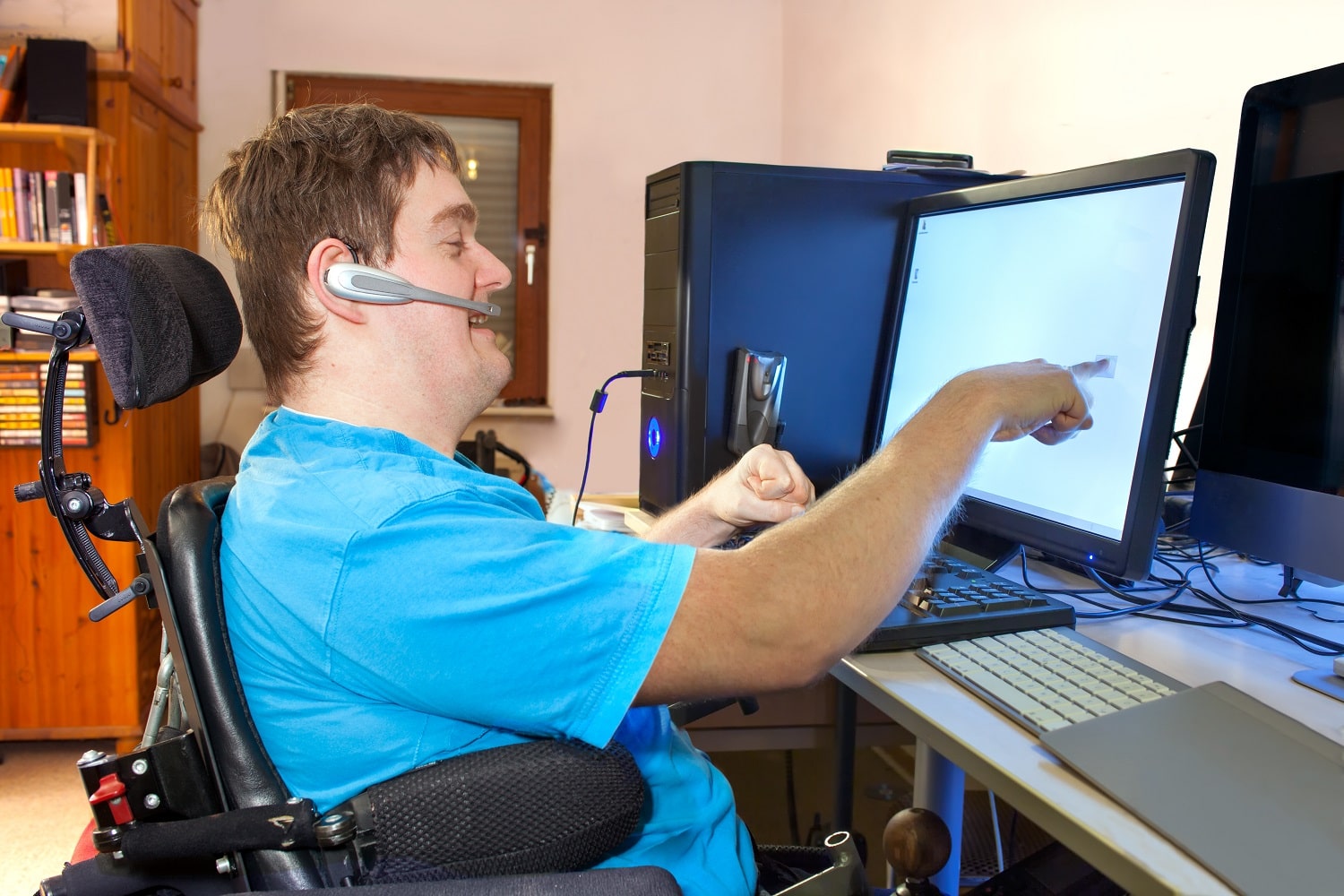
Enhancing Academic Achievement:
Inclusive education provides students with disabilities the opportunity to actively engage in the learning process alongside their peers. It promotes individualized instruction, accommodations, and support services that cater to their specific needs. By receiving appropriate educational resources and interventions, students with disabilities can make significant progress academically and develop a strong foundation for lifelong learning.
Fostering Social Integration:
One of the key benefits of Equality in education is its ability to foster social integration. Students with disabilities can learn social skills, develop friendships, and build friendships when they are included in regular classrooms. This inclusive environment promotes empathy, understanding, and respect among all students, breaking down barriers and creating a more inclusive society.
Developing Self-Confidence and Self-Advocacy Skills:
Inclusive education empowers students with disabilities to develop self-confidence and self-advocacy skills. By being actively involved in the classroom and participating in decision-making processes, they learn to express their needs, communicate effectively, and take ownership of their education. This not only enhances their academic journey but also equips them with vital skills for independent living and future employment.
Promoting Equal Opportunities:
Equality in education aligns with the principles of equality and human rights. Disability-inclusive education ensures that disabled students have the same opportunities for personal development and education as other students. By breaking down the barriers that segregate individuals based on their abilities, inclusive education promotes equal access to education, creating a more inclusive and equitable society.
Building a Supportive Learning Environment:
Inclusive education encourages collaboration among educators, support staff, students, and families. It fosters a supportive learning environment where all stakeholders work together to create individualized education plans, implement appropriate accommodations, and provide necessary disability support services. This collaborative approach not only benefits students with disabilities but also enriches the educational experience of all students in the classroom.
Equality in education plays a crucial role in promoting the rights and well-being of students with disabilities. It enhances their academic achievement, fosters social integration, develops self-confidence and self-advocacy skills, promotes equal opportunities, and builds a supportive learning environment. To ensure the successful implementation of education, seeking support from NDIS support worker Melbourne Services is vital.
CareAide Disability Support | NDIS Provider Melbourne offers a range of support options, including specialized therapies, assistive technologies, and personalized plans, to assist students with disabilities in accessing inclusive education. These services provide expertise, guidance, and resources to educators, families, and students, helping them navigate the challenges and maximize the benefits of inclusive education.
In conclusion, inclusive education not only benefits students with disabilities but also contributes to creating a more inclusive and accepting society. By embracing education and seeking assistance from NDIS provider Melbourne services, we can ensure that all students, regardless of their abilities, have equal access to quality education and the opportunity to reach their full potential.

Recent Comments